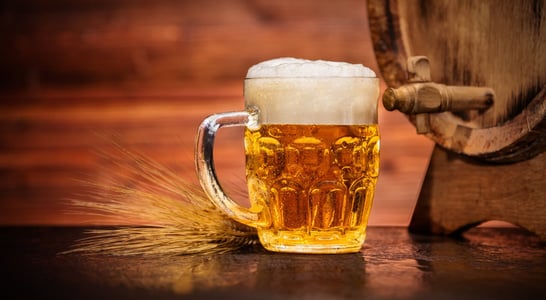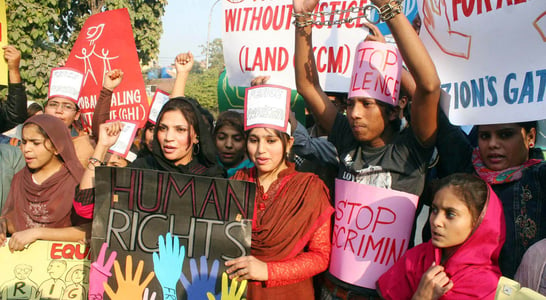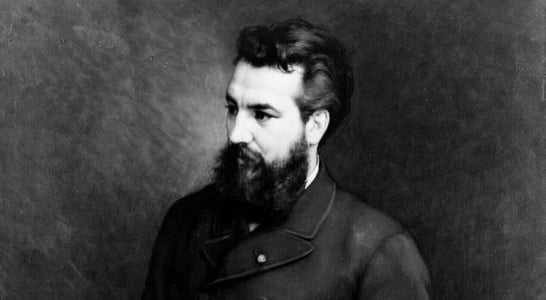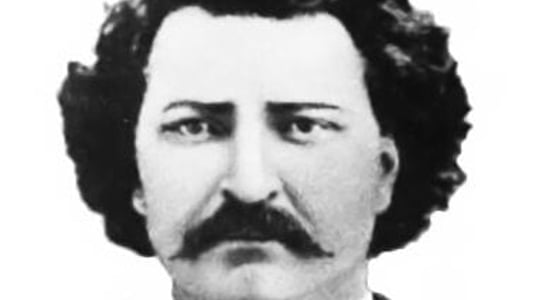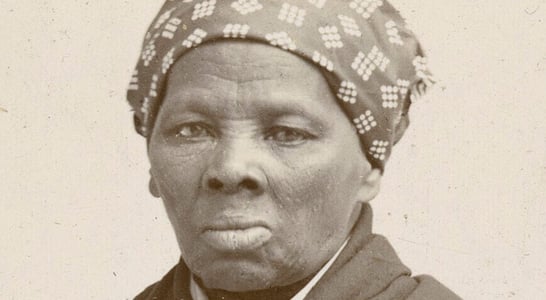
Nobel Prize Day
Celebrating excellence in diverse fields, the Nobel Prize recognizes individuals for their outstanding contributions to humanity's progress.
One of the highest honors that can be earned in various forms of science and other admirable work, the Nobel Prize is awarded annually on Nobel Prize Day.
History of Nobel Prize Day
The first Nobel Prizes were awarded on December 10, 1901, which was the fifth anniversary of the death of Alfred Nobel.
Nobel was a Swedish scientist, inventor and businessman who was also passionate about writing drama and poetry. He is particularly notable as the inventor of dynamite and other high explosives, and held more than 350 patents in his lifetime.
When Alfred Nobel wrote his will in 1895, it established that prizes would be awarded each year to commemorate and honor those who made significant achievements in the areas of science, medicine, literature and peace.
Most of his fortune was left to this cause and, although no official reason was given for the motivation behind the prizes, many have guessed it was his guilt over being the person who invented such destructive weapons that made him want to start the endeavor.
Now, for more than a century, Nobel Prizes have been awarded each year on Nobel Prize Day in Stockholm, Sweden, where Alfred Nobel was born and where he spent a large portion of his adult life.
How to Celebrate Nobel Prize Day
Consider some of these ideas for observing Nobel Prize Day:
Learn More About Nobel Prize Winners
An elite list of people, usually those who specialize in making the world a better place, Nobel Prize winners (called Laureates) are intelligent people who have made important accomplishments and also have notable character, such as being selfless, humble, and forward thinking. They are usually creative, persevering, driven and typically willing to collaborate.
Some notable Nobel Prize Laureates, from the almost 1000 recipients since 1901, include:
-
Marie Curie
Winning the Physics prize with her husband, Pierre, in 1903 and Henri Becquerel, and then a repeat win in Chemistry in 1911. Curie was the first woman to be awarded a Nobel prize and is the only person to have ever won in two scientific fields.
-
George Bernard Shaw
Writing more than 60 plays, including Pygmalion (which became the musical, My Fair Lady), Shaw was a beloved author and won the Nobel prize for Literature in 1925.
-
Martin Luther King, Jr.
Awarded the Nobel Peace Prize in 1964, just four years before his assassination, Dr. King played a vital role in the American civil rights movement.
-
Bob Dylan
Some people are surprised to find that this rock star has also won a Nobel Prize for Literature. His lyrics and songs were instrumental in the peaceful protests and anti-war movements of the 1960s in the United States. He received the award in 2016.
Make Your Own Nobel Prize Awards
Whether it’s in a classroom full of kids or in a family, consider having fun with the day by choosing your own Nobel Prize Winners.
Consider the ways that different people in the group have shown admirable qualities and give out special awards for them!
Nobel Prize Day FAQs
What inspired Alfred Nobel to include a Peace Prize in his will?
Alfred Nobel was influenced by his friendship with peace activist Bertha von Suttner. She inspired him to support peace initiatives. Von Suttner later won the Nobel Peace Prize in 1905.
Have Nobel Prizes ever been controversial?
Yes, several awards sparked debate. For instance, Henry Kissinger’s Peace Prize in 1973 caused protests due to his role in the Vietnam War.
What is the most unusual Nobel Prize acceptance speech?
Richard P. Feynman, who won the Physics Prize in 1965, famously downplayed his award, claiming the joy of discovery was reward enough.
How does the Nobel Banquet reflect Swedish culture?
The banquet features traditional Swedish dishes, royal guests, and intricate floral arrangements from Italy, reflecting both local and international ties.
Are there any quirky Nobel Prize traditions?
Nobel laureates sign chairs at Stockholm City Hall’s library. Their names remain preserved as part of the venue’s history.
What’s a fun fact about Nobel Prize medals?
Nobel Prize medals for Physics, Chemistry, Medicine, and Literature are minted in Stockholm, while the Peace Prize medal is minted in Oslo.
How has the Nobel Peace Prize evolved over time?
Early Peace Prizes often went to individuals. Now, they frequently recognize organizations, like the UN and Médecins Sans Frontières.
What unusual achievements have been recognized with Nobel Prizes?
The 2009 Nobel Prize in Chemistry was awarded for the development of green fluorescent protein (GFP), derived from jellyfish.
Can Nobel Prizes be revoked?
No. Once awarded, a Nobel Prize cannot be revoked, even in cases of controversy or later discoveries proving errors.
What’s the connection between Alfred Nobel and dynamite?
Nobel invented dynamite, but its destructive uses in war deeply troubled him. This partly inspired the creation of the Peace Prize.
Also on ...
View all holidaysNational Lager Day
Taste a variety of cool, fermented beverages like Pilsner and Doppelbock or try brewing your own delicious beer at home with the help of a kit.
International Animal Rights Day
Protecting the rights of animals to live free from harm, cruelty, and neglect can help create a more compassionate and just world for all.
Human Rights Day
Promoting equal dignity, this fundamental concept resonates with the core values of humanity, fostering compassion, justice, and the recognition of every person's worth.
We think you may also like...
Alexander Graham Bell Day
With just one invention, he changed the world, making long-distance communication possible, and paving the way for modern communication.
